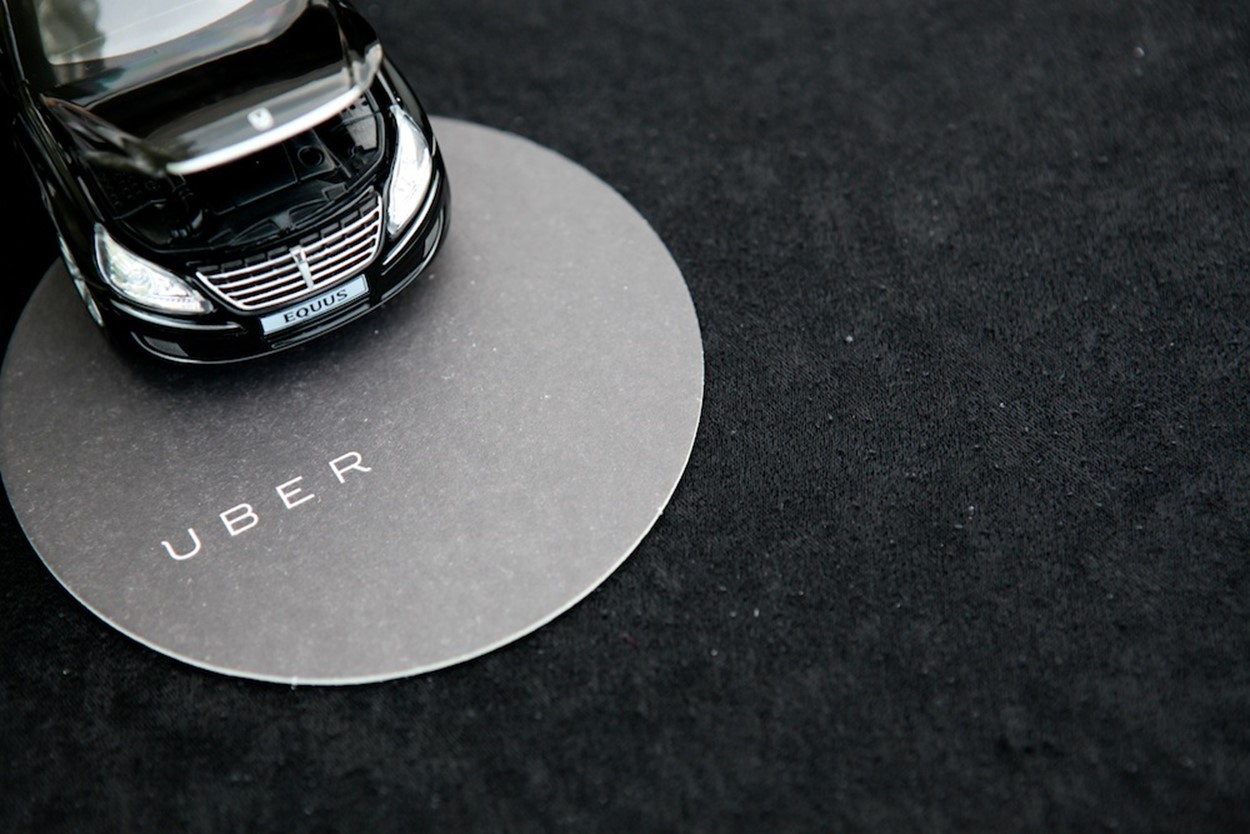The Behavioural Economics Of Surge Pricing
May 30, 2016 in Daily Bulletin

As Americans return from Memorial day barbequeus they’ll likely be wincing at Uber’s surge pricing. Keith Chen, head of economic research at Uber, spoke with NPR about some of the intriguing things he’s found in an analysis of Uber’s surge pricing data:
- Passengers are more likely to agree to Uber’s surge pricing, if the amount of surge is 2.1, rather than 2.0.
- The reason is because when it’s 2.1 passengers think that there’s a complicated algorithm deciding the amount of surge. When it’s 2.0 it looks like Uber is just doubling prices and may not have put a lot of thought behind it.
- Passengers are also more likely to accept surge pricing if their phones are low on battery – probably because they don’t want to risk waiting and trying again in 15 minutes to see if surge pricing disappears.
- One way for Uber to assuage passenger anger about surge pricing would to be boost the base fare, and instead of adding a surge during busy periods, offering a discount during non-busy periods.
- But while this may help placate passengers, drivers would probably then become angry at the idea of driving for a discount during non-busy periods.
The full podcast is interesting. You can hear it here.
Source: NPR
Via: Quartz
Join the Discussion! (No Signup Required)